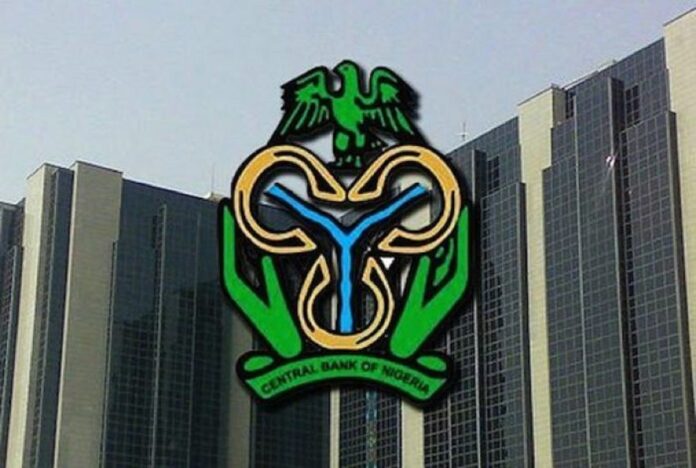Some financial experts have called on the Monetary Policy Committee (MPC) of the Central Bank of Nigeria (CBN) to adopt a more realistic approach to its policy decisions.
This advice is coming as the MPC is scheduled to holds its bi-monthly meeting on Monday.
The experts urged the committee to take practical policy decisions to effectively tackle the country’s monetary and economic challenges.
A past President of the Chattered Institute of Bankers of Nigeria (CIBN), Mr Okechukwu Unegbu, urged the committee to carry out extensive research on the economy before coming out with its parameters.
Unegbu said that the idea of retaining the same parameters for several months without any positive economic impact gave the impression that the MPC meetings were merely routine.
He urged the MPC to look inward and formulate home-grown policies that will slow down inflationary trend and engender real economic growth.
MPC had retained the Monetary Policy Rate (MPR) at 11.5 per cent and held all other parameters constant at its last nine meetings.
Thus, the asymmetric corridor has remained at +100/-700 Basic Points around the MPR, the Cash Reserve Ratio (CRR) remained at 27.50 per cent and the Liquidity Ratio remained at 30.00 per cent.
According to Unegbu, the MPC should observe and compare economic conditions preceding its last few meetings and the impact of its policy decisions afterwards.
“Retaining the same parameters for such a long time without visible improvements indicates that the committee, and the apex bank are not doing enough.
“Look at the inflation rate, look at the exchange rate, there has not been any appreciable improvement.
“They need to carry out a research and compare two or three past meetings to know the impact of their policy decisions,” he said.
Unegbu also advised the apex bank to cut down on its intervention in different economic sectors so as not to “cause dislocation in the monetary system”.
“CBN’s interventions have not changed anything; the interventions are not working.
“Look at the CBN appealing to farmers to pay back their loans. Does the apex bank have capacity to recover those loans?
“The beneficiaries do not see them as loans, but as their own share of the national cake,” he said.
According to an economist, Prof. Lanre Olaniyan, retaining the same parameters for the umpteenth time, in the midst of rising inflation and other economic challenges, means something is not right.
Olaniyan, a professor of economics from the University of Ibadan, urged the MPC to take cognizance of the impact of its prevailing parameters to be properly guided.
However, another economist, Dr Tope Fasua, urged the MPC to be circumspect in its policy decisions so as not to worsen the situation.
“Except we want the CBN to be adventurous, if they increase the Monetary Policy Rate (MPR), it’s a cue for the Deposit Money Banks to increase lending rates.
“And, usually, lending rates will be increased a lot more than deposit rates.
“The manufacturers and other stakeholders will blame the apex bank for making their lives more difficult. But if they do that, the aim could also be to slow down inflation.
“The second point is that, if they reduce, inflation might continue to grow. If we want to be experimental we could push for a reduction in rates,” he suggested.
Fasua called for improved productivity in the country, adding that a reduction in the rates would boost productivity by encouraging people to borrow more from the banks, while depositing less.
“Our banks are fairly comfortable but we could do with a lot more productivity in the country, at the risk of a little more inflation,” he said.
Last MPC meeting in March, the 10 members present were divided on the policy decisions and parameters to adopt.
Three members had voted to raise MPR by 25 basis points, one member voted to raise MPR by 50 basis points while six other members voted to hold all parameters constant.
According to the CBN Governor, Godwin Emefiele, the committee was of the view that increasing the rates during inflation could adversely impact on economic recovery and stifle expected investment expansion.
Emefiele also said that tightening would reverse the steady improvement recorded in credit expansion, and it will not necessarily tame inflation.




